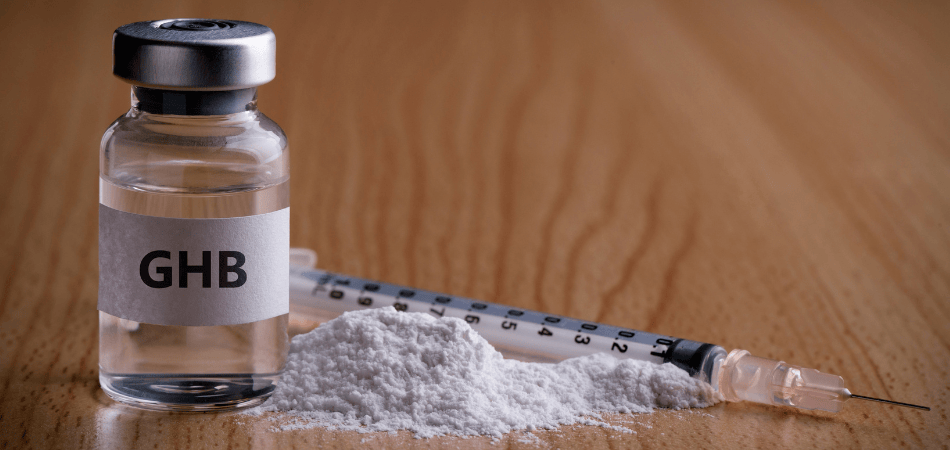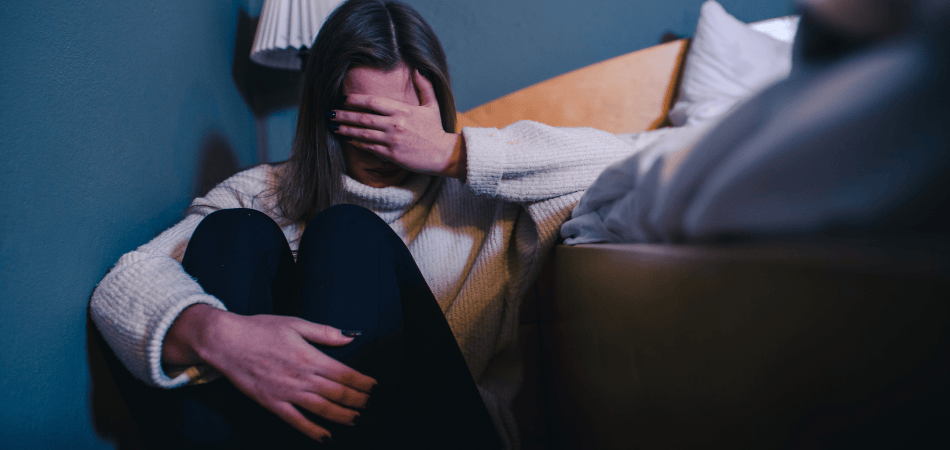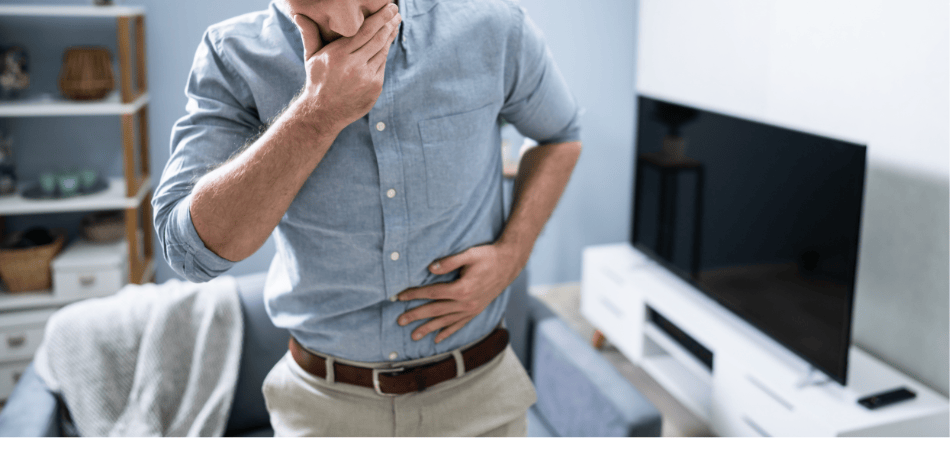
Written by:

Medically Reviewed by:
Last Updated:
February 14th, 2025
GHB addiction
What is GHB?
GHB (Gamma-Hydroxybutyrate) is a depressant drug that affects the central nervous system and is often used recreationally for its euphoric and sedative effects. It can cause relaxation but in higher doses, it leads to confusion, drowsiness and even unconsciousness. Originally developed as an anaesthetic, it’s sometimes still used in medical settings to treat narcolepsy.
In the UK, GHB is classified as a Class B drug.
Is GHB addictive?
Yes, GHB is addictive. Addiction to GHB can develop both physically and psychologically. Physically, the body becomes reliant on the drug, leading to withdrawal symptoms if use is suddenly stopped, including anxiety, insomnia, tremors and even severe complications like seizures. Psychologically, users may feel they need GHB to enjoy social or sexual experiences, making it harder to stop.
How can a GHB addiction begin?
GHB addiction often starts in ways people don’t expect, especially in social settings like parties or clubs. Many first come across GHB at raves, using it to feel more relaxed, lower their inhibitions or enjoy a heightened sense of connection with others. It’s easy to see why it’s popular—at low doses, it can make you feel euphoric and sociable. But the danger is that the line between a ‘fun’ dose and an overdose is very thin, so it’s easy to misuse.
Over time, the body gets used to the effects of GHB and people start needing more of it to feel the same way. What started as something for a night out can quickly become something they rely on to get through their day. This is when recreational use can turn into addiction.
Another way GHB addiction can develop is through Chem Sex, where it’s used to enhance sexual experiences. In these situations, GHB is often taken with other substances like methamphetamine, making the effects even more intense. But regular use in this context can lead to dependence, as people find it harder and harder to enjoy the experience without the drug.
As GHB use becomes more frequent, it can spiral out of control, with individuals needing it more often to feel ‘normal’. What might have started as a way to enhance social or sexual experiences can quickly turn into a full-blown addiction, requiring professional support to break free.
How can I spot the signs of GHB addiction?
Recognising the signs of GHB addiction, whether in yourself or someone you care about, is essential for early intervention. GHB can quickly lead to dependence due to its potency. Understanding the physical, psychological and behavioural indicators can help you identify when GHB use has shifted into dangerous territory and prompt the necessary action towards seeking help.
Physical signs
- Drowsiness or extreme sedation
- Dizziness or loss of balance
- Impaired motor coordination
- Slurred speech
- Shallow or irregular breathing
- Increased tolerance to GHB, requiring more to achieve the desired effects
- Withdrawal symptoms such as tremors, sweating, anxiety or agitation when not using GHB
Psychological signs
- Intense cravings for GHB
- Anxiety or panic when access to GHB is limited
- Confusion or memory problems
- Difficulty concentrating or maintaining focus
- Mood swings, irritability or depressive thoughts
- Heightened paranoia or feelings of fear
Behavioural signs
- Using GHB more frequently or in higher doses than originally intended
- Engaging in risky or illegal activities to obtain GHB
- Withdrawal from social circles, relationships or responsibilities
- Neglecting personal, professional or academic duties
- Engaging in dangerous behaviours while under the influence, such as driving
- Lying or being secretive about GHB use
- Sudden changes in spending habits, often due to purchasing GHB
If you notice any of these signs, it may indicate that GHB use has turned into an addiction. Seeking professional support at this stage is vital in ensuring a safer path to recovery.
Do I have a GHB addiction?
It must be confusing to feel like something that once helped you relax or have fun is now causing worry. GHB is a substance that can blur the line between casual use and dependency, and it’s not always easy to see when things have shifted. If you’re wondering if your relationship with GHB might be problematic, these questions could help provide clarity:
- Do you feel like you need to take GHB more frequently or in larger amounts to achieve the same effect?
- Have you experienced withdrawal symptoms, such as anxiety, tremors or sweating, when you try to stop using GHB?
- Do you find it hard to go through daily activities without thinking about using GHB or planning your next dose?
- Have you continued using GHB despite experiencing negative consequences, such as legal trouble, work issues or relationship problems?
- Do you feel anxious or stressed at the thought of running out of GHB or not having access to it?
- Have you tried to cut down or quit using GHB but found it difficult to do so?
Answering ‘yes’ to any of these questions might indicate it’s time to seek support or consider speaking to a professional about your GHB use.
How is a GHB addiction treated at Liberty House?
At Liberty House, we know that taking the first step towards overcoming a GHB addiction can feel overwhelming, but we’re here to offer the support you need throughout your journey. Our GHB recovery programme begins with a comprehensive assessment, where we take the time to truly understand your situation and create a tailored treatment plan that reflects your specific needs.
The next step is detox, a vital part of recovery. With medical monitoring, we’ll help you manage withdrawal symptoms safely and comfortably so you can begin to heal in both body and mind. Clearing GHB from your system allows you to approach therapy with clarity and focus.
Therapy is at the core of our programme, offering you a space to explore the deeper reasons behind your addiction and to build healthier, lasting habits. Our compassionate team uses a range of therapeutic methods designed to help you rediscover your path forward.
When it’s time to transition from our care, our aftercare services will be there to provide continued guidance and support, helping you stay on track with your recovery for the long term.
If you or someone you care about is struggling with GHB addiction, reaching out for help could be the turning point. At Liberty House, we’re ready to walk this journey with you every step of the way.
Frequently asked questions
- Attending group therapy sessions and other aftercare support
- Avoiding people, places and things that trigger your urge to use GHB
- Building a support network of friends and family
- Developing new interests and hobbies
- Staying physically healthy by eating a balanced diet, exercising regularly and getting enough sleep.








